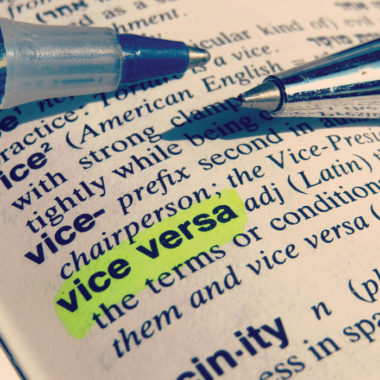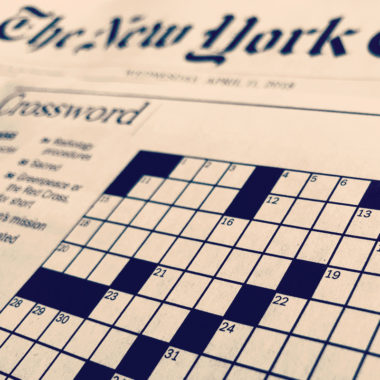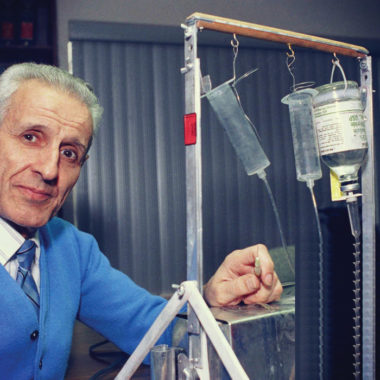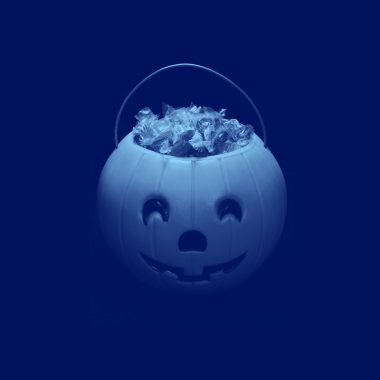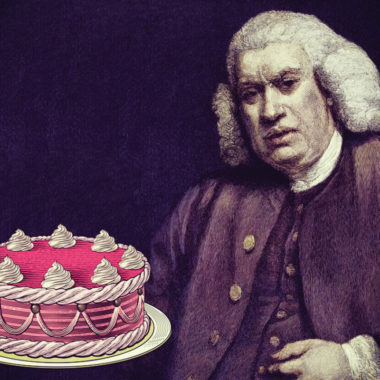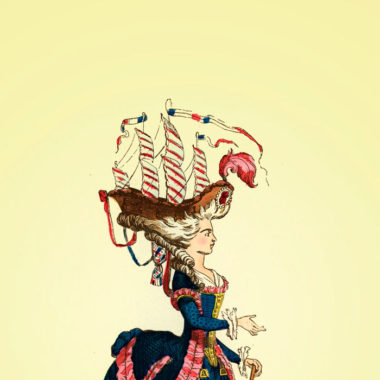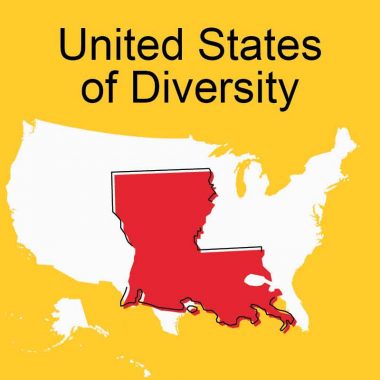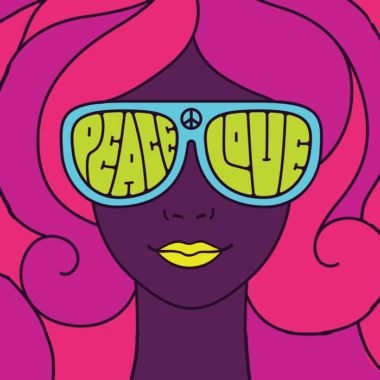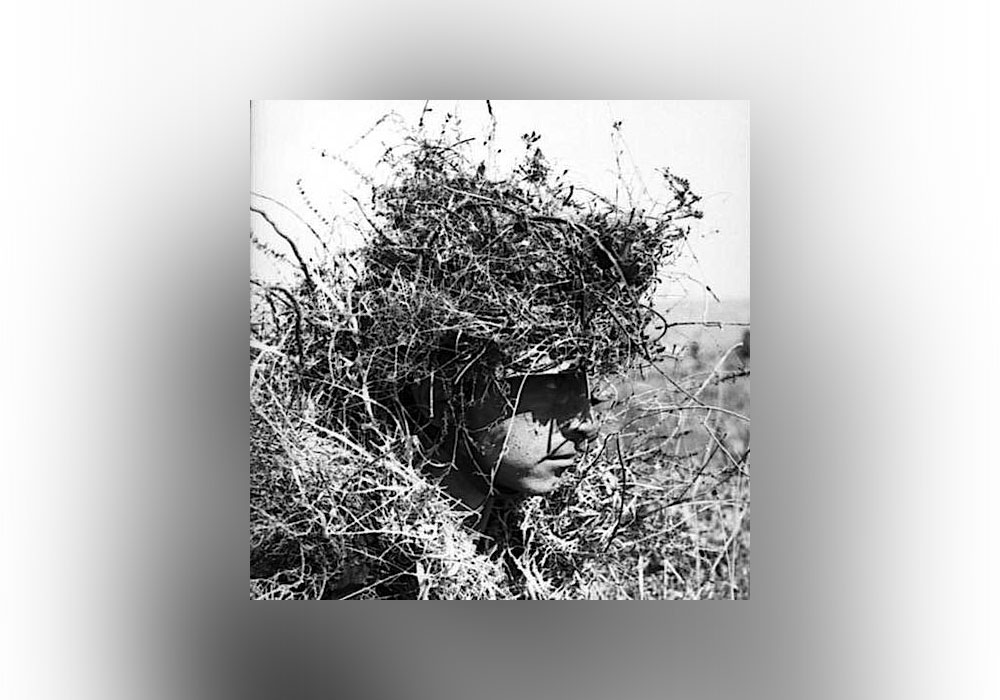The Surprisingly Religious Background Of “Golly,” “Gosh,” And “Gee”
Gosh, golly, and gee casually express surprise or excitement, right? Well, yes, but when they were first introduced to the English language, these short words had a much more serious origin and purpose. Where did golly, gosh, and gee come from? While this folksy trio are informal interjections, they are also euphemistic alterations of the word God or, in the case of gee, Jesus. Of the three, gosh is recorded …

